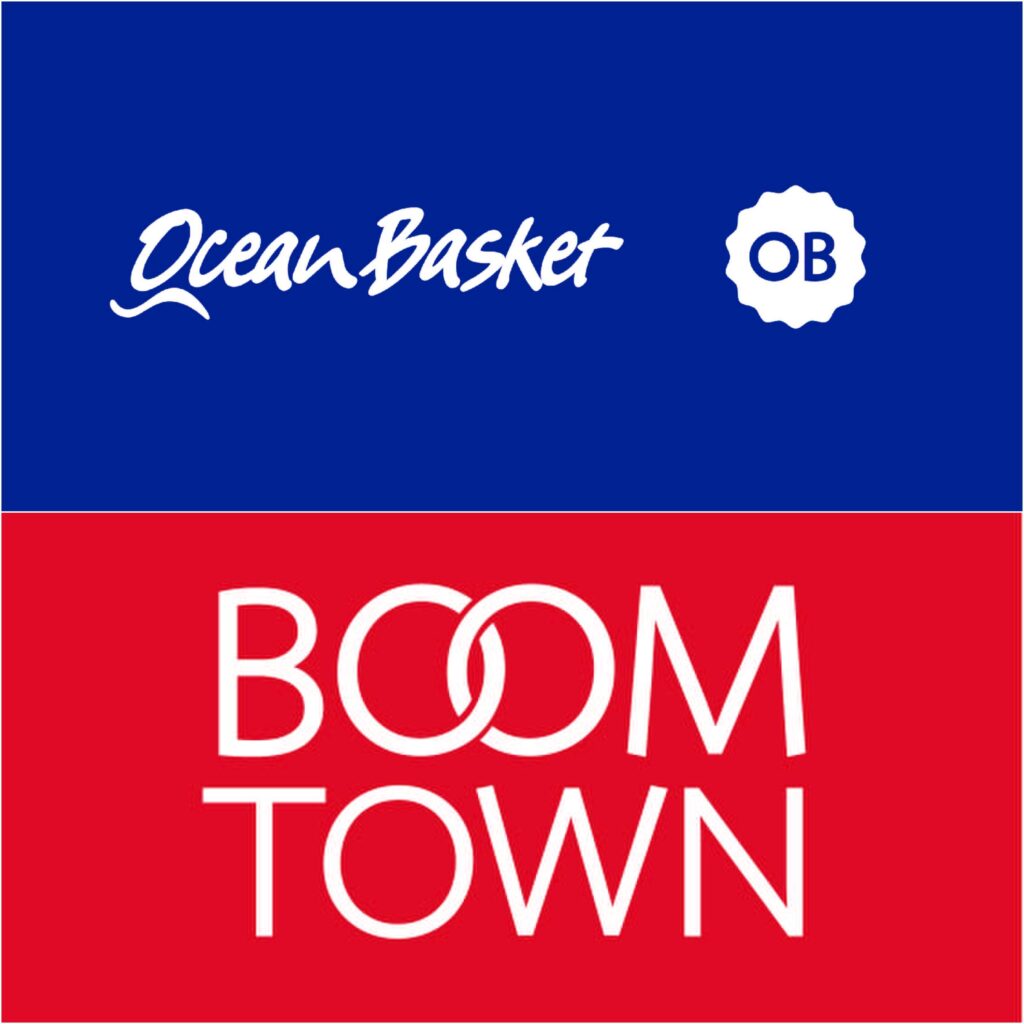
Herman Degener, Digital Media Strategist at The MediaShop

The other day I was attending the briefing of a highly sought after account. It’s a piece of business which I’m rather passionate about and have had the privilege of working on before. When the CMO was wrapping up his presentation, he said a few things about relationships and chemistry; “this” he said…”is a marriage!”, and “we need to like you!” he said.
Given that we were all there with fellow shortlisted agencies, it’s fair to assume we all had the necessary skills, access to technology and the experience the client needed, but the emphasis was on the relationship. This got me thinking about client-agency relationships, especially with technology literally eroding the workplace; just how relevant, or valid, is the client-agency relationship these days? Clearly, to this client it‘s super important, which was great to hear!
There’s a saying that Brian Solis coined called digital-Darwinism, it’s when technology and society evolves faster than humans. Scary, I know. But similar to how we all thought cookie-based targeting was the silver bullet to all our marketing challenges, we are starting to realise that perhaps technology doesn’t have all the answers, and that as humans we are still exceptional at the one thing technology cannot do: have an emotional relationship.
It still beggars belief that client-agency contracts are finite; it’s not like when you marry your partner you only commit to a three year term! So why is it different in business? It’s only after a few years of working together (akin to moving in together as a couple) do you really get to know each other, and often just when you’re getting to know each other and establish highly productive ways of working, the partnership ends and the whole process starts again with a new ‘spouse’.
Getting back on point… right, so, to both clients and agencies alike, what are some of the ways we can enjoy our oft-fleeting relationships? I did some research online as well as some old-school human-to-human research, and here’s what I found:
Communication
It goes without saying, right? But then why are so many relationships strained by a lack of clear and unambiguous communication? We communicate clearly with our friends and family because we feel comfortable enough to ask silly questions without fear of ridicule (well, mostly). Yet in a business relationship, we tend to use fancy terms and TLA’s (Three Letter Acronyms) to sound knowledgeable and important. Meanwhile we’ve just strained the relationship through miscommunication, and no-one wants to ask the so-called silly question. In his biography, Elon Musk talks about how he banned the use of acronyms in his companies without his written approval, for obvious reasons.
Check your ego at the door!
No one likes an egomaniac or narcissist, and in the client-agency relationship egos are not exactly scarce. One of the best marketers I had the privilege of working with, Roland Reid who was Marketing Director at Jaguar Land Rover South Africa at the time, used to always remind us that we were there to progress the brand, not our egos. Agencies are not always the guilty party here, but mostly we are. We all want to impress the client so much that our egos usurp the primary reason we’re all there, to solve business problems. When we forget our egos and put energy into solving the business challenges first, relationships foster, and everyone wins.
Warts ‘n all
With social media being what it is, no agency is going to try and pull a fast one. If they did, the court of public opinion would write the death sentence for them. As agencies, we are in the business of helping our clients reach their business goals, to do great work and to be fairly compensated for it. The best relationships are formed when everyone plays open cards, with no hidden agendas. When the latter prevails, all the energy available on both client and agency side goes into achieving strong business results.
Honesty
The problem with emotion is that it gets in the way of logic. It’s like the ex-partner: your friends are like “wow, what took you so long?”, as if you were oblivious to your ex-partner’s shortcomings. You weren’t, but because you liked, ahem, loved them, you didn’t have the heart to give them negative feedback. In our industry we often form close, sometimes lifelong bonds with our counterparts, and the best relationships have open, honest and regular feedback at their core. A shortcut to relationship failure is letting things fester; create the means for constructive feedback sessions where concerns can be addressed, but also don’t be shy to celebrate the successes.
In closing: ability, integrity and benevolence are at the heart of each point above. So it’s no surprise these are also foundational elements of building trust, both as individuals and as organisations. None of us are getting out of here alive, so we may as well enjoy it while we can and build relationships that make it all worthwhile. 🙂
- MRF Unveils Latest MAPS® Data - 20th February 2025
- The BRC announces changes to the board and updates for 2025 - 17th December 2024
- Top 50 DSTV TV programmes – October 2024 - 12th November 2024





